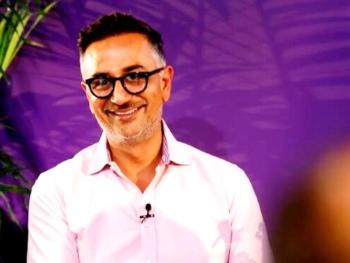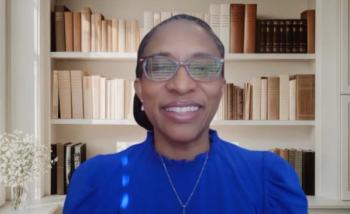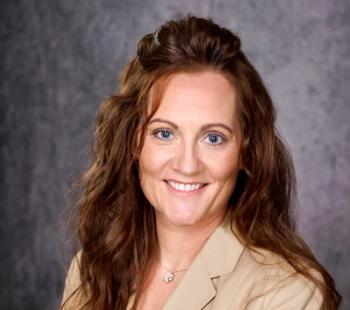
The U.S. reaches 1 million COVID-19 deaths. Thousands are healthcare workers.
President Joe Biden marked the grim milestone Thursday. More than 3,000 healthcare workers died in the first year of the pandemic, but the full toll isn’t clear.
Even though the country has seen so many grim figures in the pandemic, the recognition that 1 million Americans have died due to COVID-19 still manages to be haunting.
President Joe Biden marked what he described the “tragic milestone” of 1 million deaths Thursday. He ordered flags to be flown at half staff at the White House and federal buildings.
“Each an irreplaceable loss,” Biden said in a statement. “Each leaving behind a family, a community, and a nation forever changed because of this pandemic.”
The American Medical Association, the American Hospital Association, and the American Nurses Association all released a
“Our nation’s nurses, physicians, and other dedicated health care professionals and essential workers have been on the front lines from day one, seeing firsthand the devastating impact this virus has had on far too many patients, families and communities,” the healthcare groups said.
“The pandemic has also taken a large toll on the wellbeing of many of our caregivers and put a spotlight on the need to continue to support those who take care of us.”
Yet the full toll of the pandemic on healthcare workers isn’t clear.
More than 3,600 healthcare workers died during the first year of the COVID-19 pandemic, according to an exhaustive
Coronavirus deaths among healthcare workers declined substantially after December 2020, when the COVID-19 vaccines were widely available for healthcare nurses. Health systems generally say they have ample supplies of personal protective equipment, something that was lacking early in the pandemic.
Nurses accounted for roughly one in three COVID-19 deaths (32%) in the pandemic’s first year, according to the Guardian/KHN report. One in five (20%) of the deaths occurred among healthcare support staff, while 17% of those who died were doctors.
Globally, the
Some healthcare workers, overwhelmed by the trauma of the pandemic, have taken their own lives.
Lorna Breen, an emergency physician in New York, died by suicide in the early weeks of the pandemic. Her death led to a new federal law,
Even now, too few workers are seeking help for mental health issues, healthcare leaders say. Michael Odell, a California nurse, died by suicide earlier this year, stoking fresh questions about the mental health of nurses and other healthcare workers.
Corey Feist, co-founder of the Dr. Lorna Breen Heroes Foundation (and Breen’s brother-in-law), said healthcare workers need to know seeking help is not a sign of weakness. Health systems need to stress to nurses and doctors that getting help won't hurt their career. Some don’t get help for fear it could jeopardize their licenses, Feist said.
In a February interview with Chief Healthcare Executive, Feist said healthcare leaders must understand the root causes of their stress and work on solutions.
“The workforce needs leaders to acknowledge the sacrifices they made and see them as people who need their support now more than they’ve ever needed them before,” Feist said.
If you're struggling or someone you know is struggling, help is available through the National Suicide Prevention Hotline. Call 800-273-TALK (8255). The hotline is available around the clock.






























